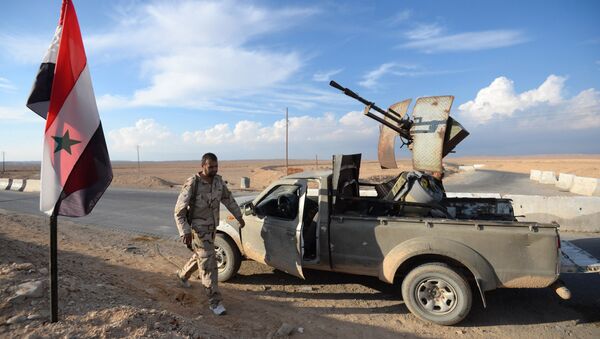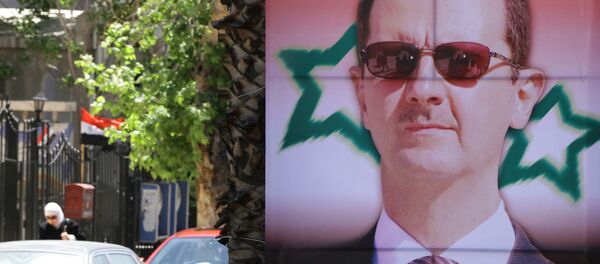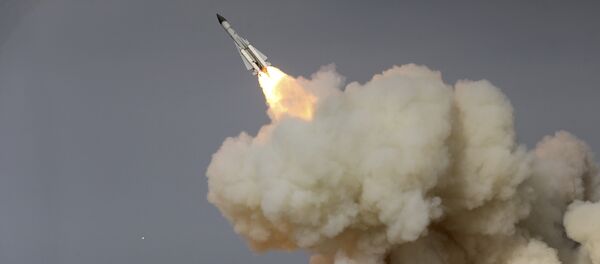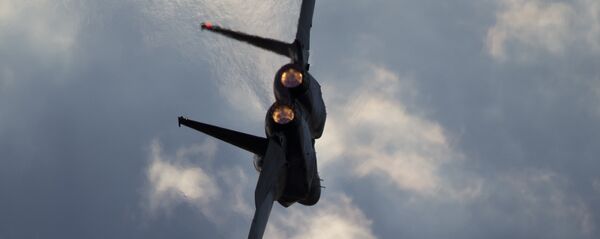The Shia movement "is a reliable ally of the Syrian Arab Army in its anti-Daesh efforts. For instance, Hezbollah fighters took part in the operation aimed at recovering Russian pilot Konstantin Murakhtin, whose plane was shot down by the Turkish Air Force in 2015. They were also actively involved in both Palmyra campaigns and took part in liberating Aleppo," Andrei Veselov wrote for RIA Novosti.
For its part, Israel views Hezbollah as a terrorist organization and has occasionally carried out anti-Hezbollah missions in Syria, saying that they are aimed at preventing Iran from delivering advanced weapons systems to the group.
"Israel has previously violated Syrian airspace," Veselov said. "These missions were primarily aimed at infrastructure facilities, leaders and fighters of Iran-backed Hezbollah, which is active in Syria. In December 2015, one of Hezbollah's military commanders Samir Kantar was killed in Damascus in a missile strike launched by the Israeli Air Force. In May 2016, Israel eliminated another commander, Mustafa Badreddine."
The latest incident took place on Friday when the Israeli Air Force launched airstrikes on several targets near the Syrian city of Palmyra, prompting Damascus to fire three anti-aircraft missiles at Israeli warplanes. One of them was intercepted by the Arrow missile-defense system.
This has been the most serious incident between Tel Aviv and Damascus since the 2011 foreign-sponsored uprising in Syria morphed into a large-scale conflict.
On Sunday, Israeli Defense Minister Avigdor Liberman pledged that a tough response would follow should a similar situation occur in the future. "The next time the Syrians use their air defense systems against our airplanes, we will destroy all of them without thinking twice," he said.
The same day, both the Syrian Defense Ministry and Hezbollah announced that they shot down an unmanned aerial vehicle (UAV) in the province of Quneitra located in southern Syria on the border with Lebanon, Jordan and Israel. The Shia movement identified the drone as the Skylark, a device used for tactical surveillance and reconnaissance.
Netanyahu further said that he made Israel's stance clear to Russian President Vladimir Putin during their meeting on March 9. "Therefore we need this personal connection [with Putin], which is important for Israel's national security," Netanyahu added.
Never miss a story again — sign up to our Telegram channel and we'll keep you up to speed!





